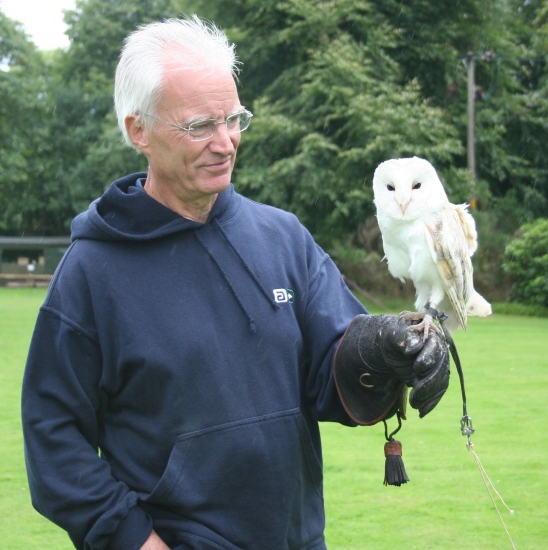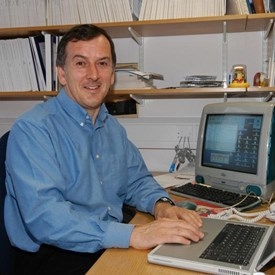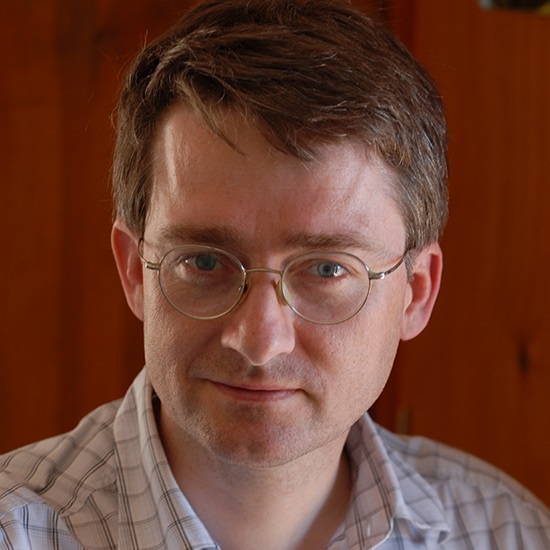Links to external sources may no longer work as intended. The content may not represent the latest thinking in this area or the Society’s current position on the topic.
What would a global policy to regulate human use of fixed nitrogen look like?
Organised by Professor David Fowler CBE FRS, Professor John Pyle FRS, Professor John Raven FRS and Professor Mark Sutton
The natural global cycling of nitrogen through terrestrial and marine ecosystems with important transfers to and from the atmosphere is vital for the Earth’s life support systems. Over the last century human activities have taken control of the source terms in the nitrogen cycle, so that two thirds of the fixed nitrogen circulating globally results directly from human activity through combustion and industrial nitrogen fixation.
Approximately half of the global human population relies on fertilizer nitrogen for food, yet fixed nitrogen in the atmosphere and in terrestrial and marine ecosystems represents a threat to human health, biodiversity and climate. The atmosphere transfers fixed nitrogen efficiently across international borders, and many of the effects occur far from the source. There are controls over specific components of the nitrogen cycle in some countries, but these are not integrated in a meaningful way and the time will come when a global strategy to manage the benefits and risks effectively may be necessary. This meeting brings together scientists and environmental policy makers to discuss the issues free from the constraints of political realities.
Programme available to download here (PDF).
This meeting directly followed a broader Discussion meeting on The global nitrogen cycle held at the Royal Society in London from 5 - 6 December 2011.
Biographies and audio recordings are available below.




